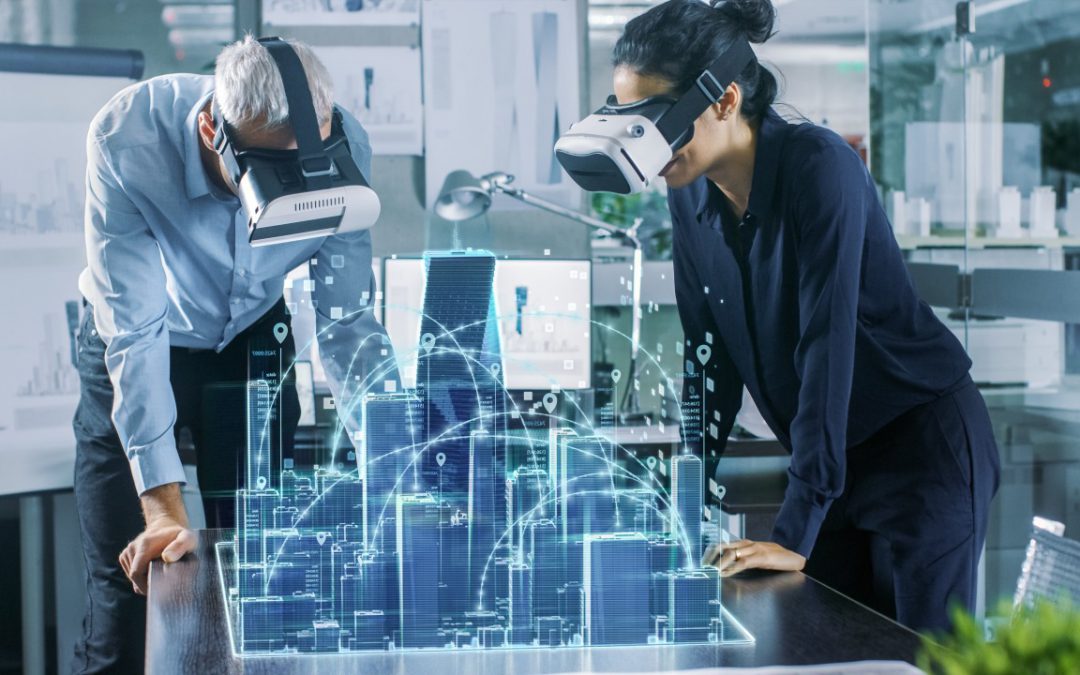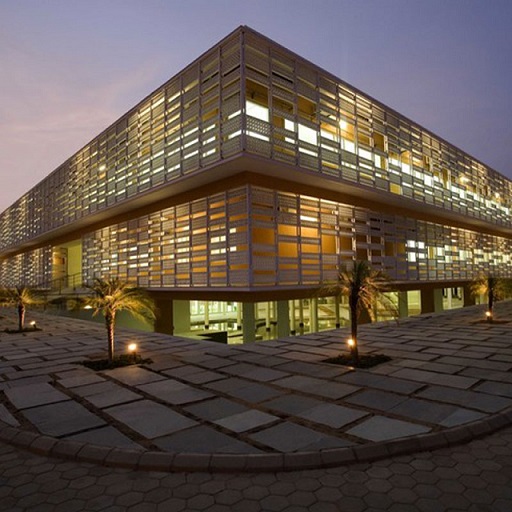If one looks at it closely, the COVID 19 pandemic is actually a reflection of our collective agility, nimble thinking and adaptability – all prerequisites for a successful enterprise for the VUCA future. What this calamity has illustrated very clearly is the need for businesses and individuals to tackle the changing paradigm with ingenuity, intuitive thinking and innovative spirit to tackle the new normal.
Businesses that have adopted this ‘quick on their feet’ mindset are leading the industry’s course towards a changing world order – one driven by innovation, socio-economic accountability and a sustainable outlook to rebuild the global economy. Leading this new age trajectory are many small and medium enterprises, digital startups and even retail megaliths who are rethinking and reinventing their core operations to suit the current upheaval and tackle the future uncertainty.
Every crisis comes with its own set of opportunities and this one is no different. While businesses in some sectors are witnessing declining revenues and liquidity, many others have managed to move swiftly to 100% digital operations to survive, and even thrive despite the global slowdown. Even as marketing budgets are cut and revenue spends limited, companies are turning to alternative customer engagement channels to retain and build upon their customer base despite or even because of the limited economic functions.
Take for example the increased aversion to touch. It has led to further innovation in the way we pay for goods and services. No-touch payments are finally going mainstream. Payment solutions company ACI Worldwide had estimated 55% of e-commerce purchases to be made via alternative ‘non-card’ payments in 2019. There’s no doubt this number is only going to increase in 2020. Data is central to everything in the new reality. The use of data analytics software and services can help business owners collect data on customer interactions with their business, spot patterns and finally automate such interactions to save time.
Equally important is for current businesses to take another look at their purpose and realign it to the new reality. New Yorker Deepti Sharma, founder and CEO of Foodtoeat.com, runs a catering business that teams up with immigrant-, women-, and minority-owned restaurants in New York City. When faced with the pandemic, her businesses shifted gears and began by asking individuals to either place large orders through the website or for people to donate directly to them via crowdfunding platform for women entrepreneurs, iFundWomen. In return, they have been placing orders with their restaurant partners and donating all food to shelters and food banks in NYC.
Here at home, a survey of over 250 startups by Nasscom reveals that a whopping 54 percent of Indian startups are showing nimbleness by looking to pivot to new business opportunities, with focus on emerging technologies such as artificial intelligence (AI), Internet of Things (IoT), and cloud computing. Businesses like Zostel and Robochamps are making hay while the sun shines (is shrouded in the clouds?), a South Indian manufacturing startup V.T. Enterprises, known for making cotton and foam pillows, has pivoted to stitching face masks and selling them to hospitals. Examples closer to our reality would be foodtech startup Zomato that has just launched Zomato Market for delivering groceries and health and fitness brand CureFit that has launched online classes in the event of the closure of its centers due to lockdown. From these, one can glean that only a disruption completely cancels out a disruption.
In hindsight, the pandemic will have proven to be a blessing of some harsh realities that leaders of tomorrow must learn to navigate. The onus eventually falls on them and their ability to reimagine and reinvent themselves and their businesses for a new reality. Among the skills and capabilities they need to develop, empathy, clear communication and the ability to manage and motivate distributed teams are going to be most relevant. Before these however, businesses leaders of tomorrow must inculcate sustainability and purpose into their company’s mission on a fundamental level, and be ready to adapt at a moment’s notice.
This agile adaptability forms the foundation of our new age business curriculum here at Pearl Academy. With a focus on inculcating advanced industry skills at par with the global innovations; specialized training for new age business careers across data analytics & mining, social commerce, startup enterprises and digital branding; and an industry facing pedagogy driven by live industry simulations, workshops & collaborative projects – we are looking to build a future generation of business leaders who are empathetic and intuitive, adaptive and innovative, resourceful and pragmatic, and above all technologically proficient to take on the new reality. Preparing them to help steer humanity’s ship through the uncertain, untested waters ahead.












